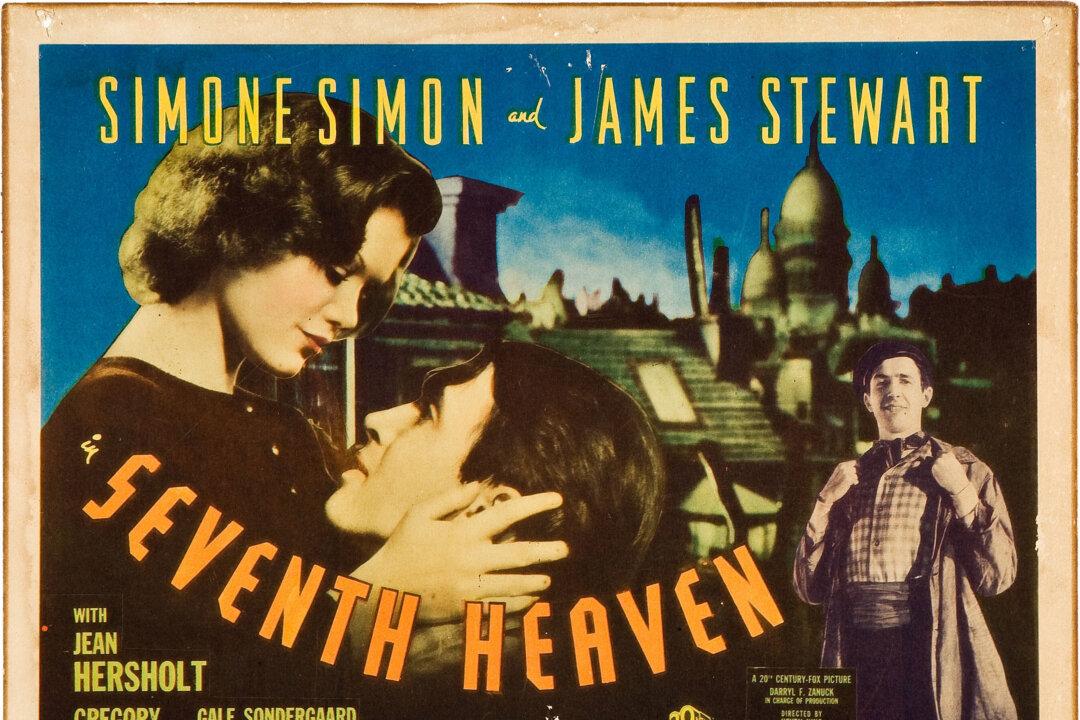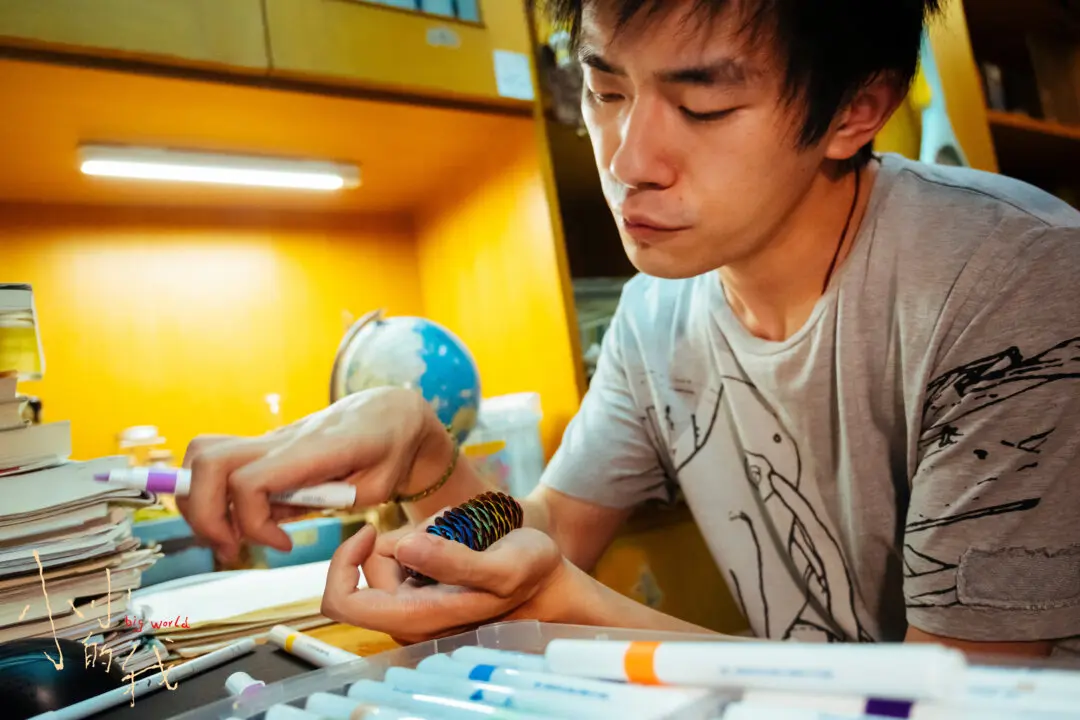NR | 1 h 42 min | Drama, Romance | 1937
Set in 1914 against the backdrop of World War I, director Henry King’s movie begins with a glimpse into the lives of the poor who clean one of Paris’s lowliest hovels. It’s where the seediest mingle with the saintly, and prostitutes and pimps hustle alongside priests and prophets.





